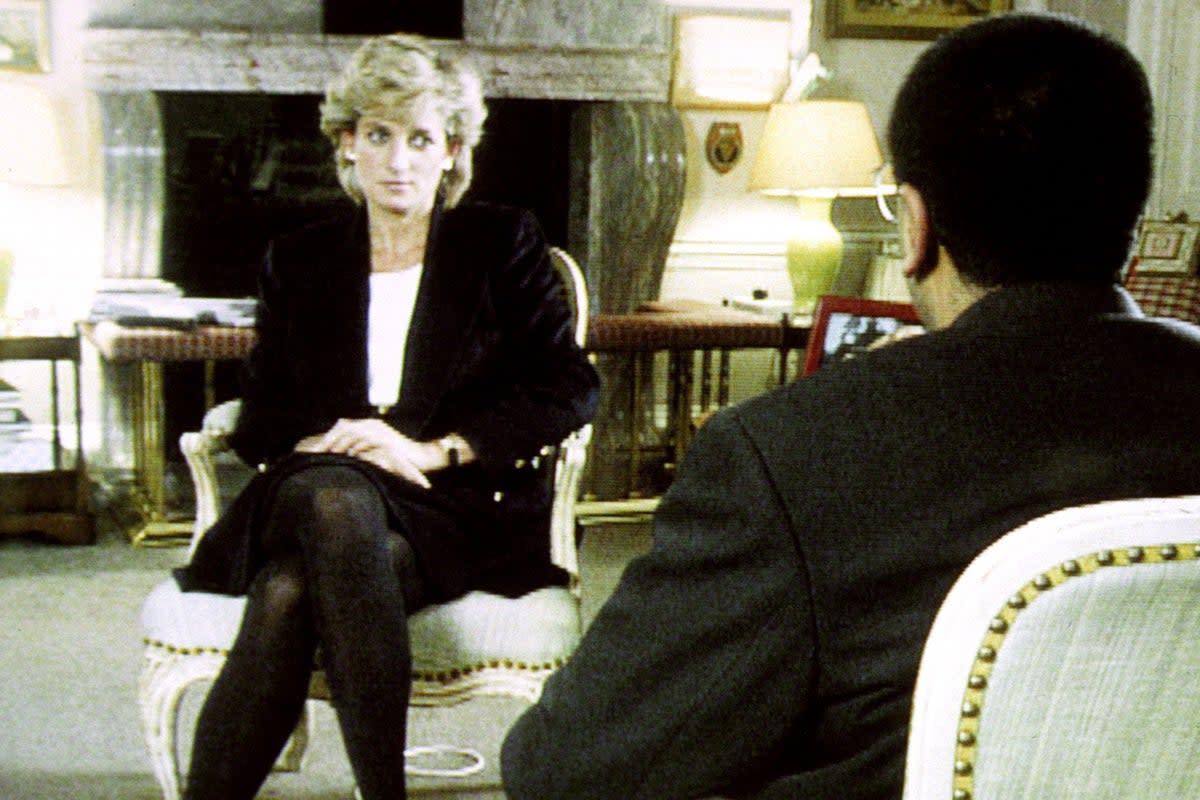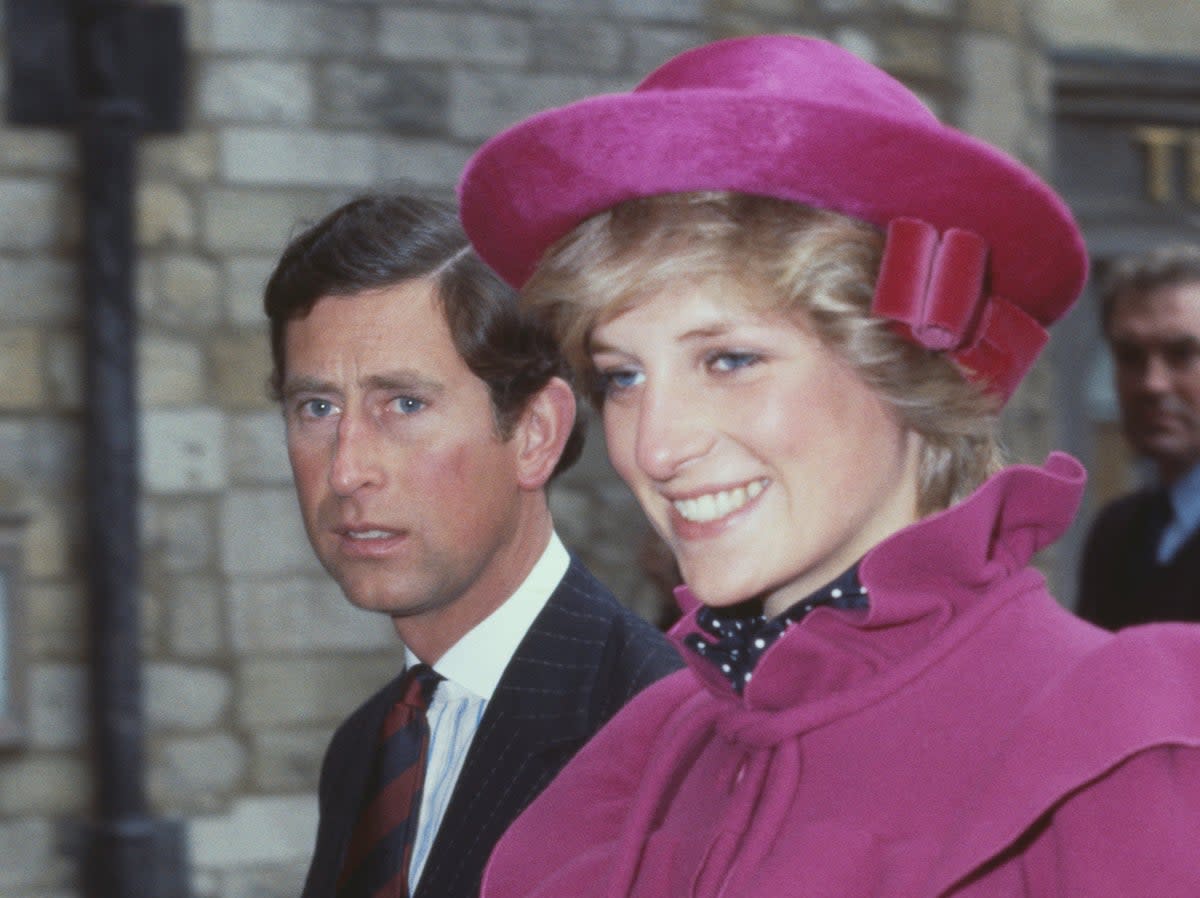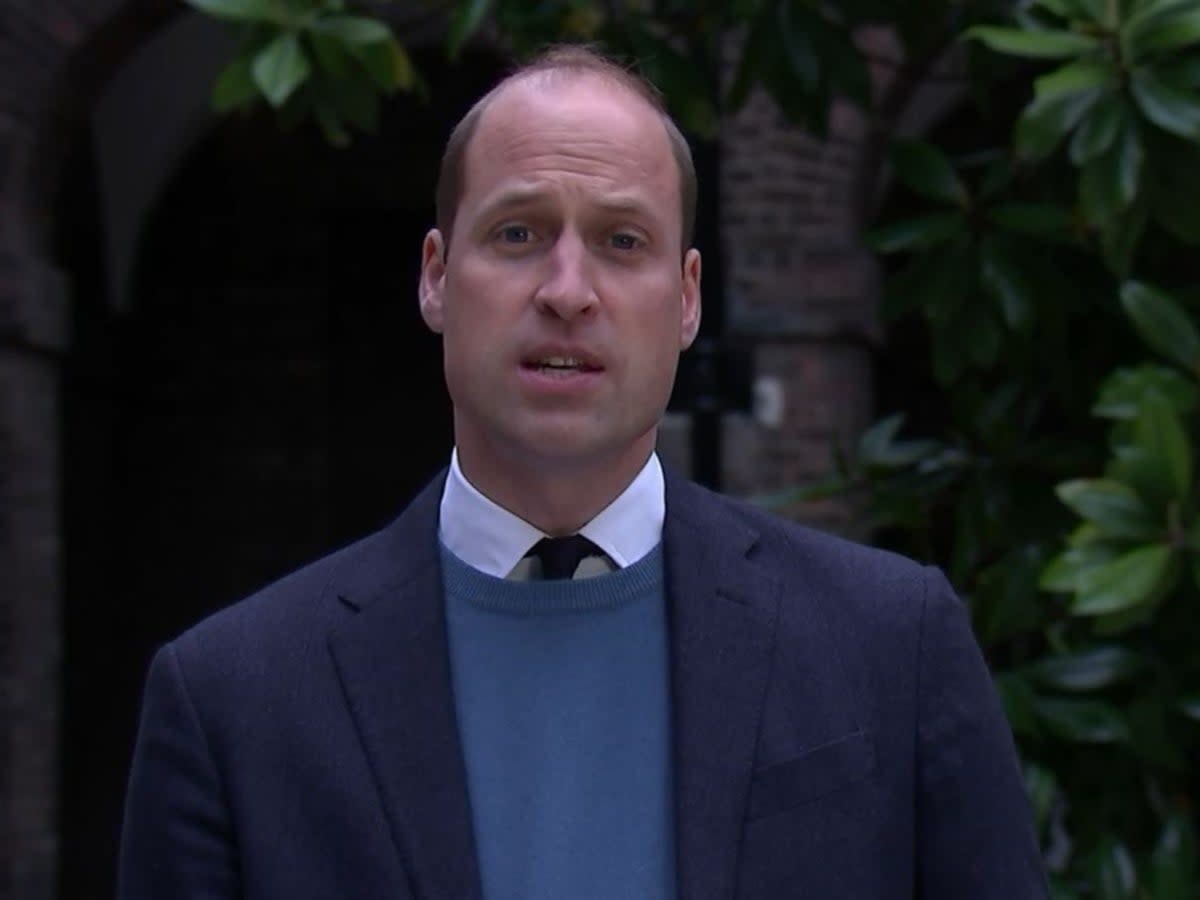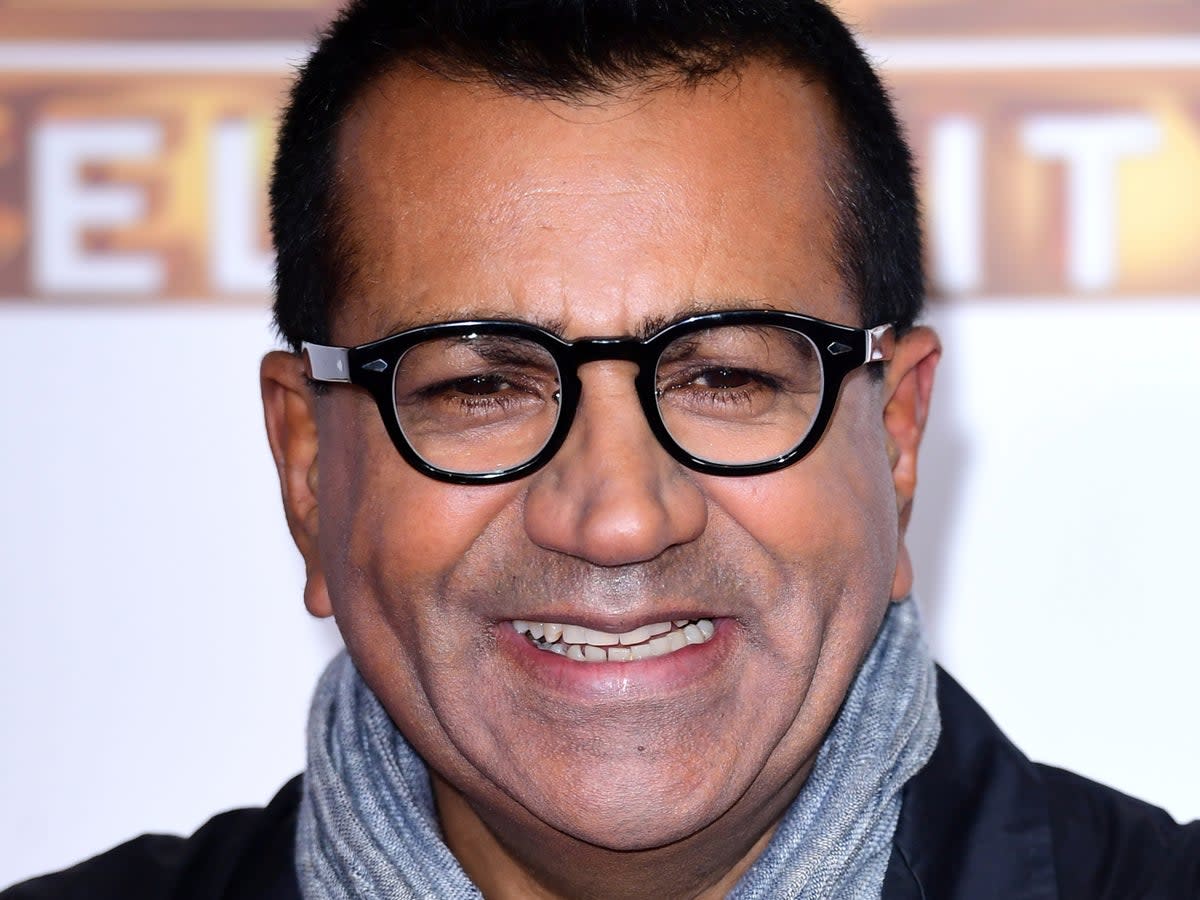Martin Bashir’s Diana interview: A timeline of the scandal

Martin Bashir’s explosive interview with Princess Diana made headlines across the globe when it aired in the 1990s and was viewed by over 200 million people.
Speaking openly about her marital woes and bulimia, as well as confirming the then-Prince Charles’ affair with Camilla, the interview served as a tipping point for the royal family and led to Diana’s divorce.
Nearly 30 years later, it has only served as a royal headache for the BBC, as a 2021 report found that Mr Bashir had obtained the interview through deceit, after forging bank statements that implied Diana was being spied on by members of her household staff.
Here is the full timeline of how Mr Bashir’s actions unravelled, and the ongoing ramifications for the broadcaster:
- 20 November 1995
After initially joining the BBC as a reporter in 1986 and working on series including Songs of Praise, Mr Bashir began to work for their investigative programme Panorama.
With speculation about Diana’s love life and relationship to the then-Prince of Wales constantly dominating headlines, Mr Bashir’s Panorama interview with the princess was deemed the scoop of the generation.

It was conducted in secrecy at Kensington Palace and included the infamous line “there were three of us in this marriage”, which confirmed the future king’s affair with Camilla Parker-Bowles.
The interview was watched by 23 million people in the UK and led the Queen to issue letters to both Charles and Diana, advising them to divorce.
– 1996
Former BBC director-general Lord Hall, then head of news, leads an internal investigation into the circumstances surrounding Diana’s appearance.
Her brother, Earl Spencer, later alleged the inquiry was a “whitewash”.
It was claimed that Mr Bashir had doctored bank statements to gain Diana’s trust, which appeared to show that senior courtiers were being paid by the security services to spy on her.
Mr Bashir was cleared of any wrongdoing with Lord Hall finding that the journalist was ultimately an “honest and honourable man”.
– August 1997
Diana is killed in a car crash in Paris in August 1997. She was in a car with her partner, Dodi Fayed, who also died.
– 1999
Bashir leaves the BBC and joins ITV where he works on documentary specials and features for Trevor McDonald.

– 2016
Bashir returns to the BBC as religious affairs correspondent before being made religion editor.
- October 2020
Three documentaries about the BBC Panorama interview air on ITV, Channel 4 and Channel 5, which re-ignites interest in the controversy.
It also emerges that Bashir is “seriously unwell” with coronavirus-related complications.
- 3 November 2020
A BBC investigation is launched into allegations made by Earl Spencer that he was shown “false bank statements” to help encourage his sister to take part.
He accused Mr Bashir of “sheer dishonesty” and claimed he would not have introduced him to Diana if he had not seen the forged documents.
Lord Dyson, former Master of the Rolls and head of civil justice, is appointed to head the report, which is welcomed by Prince William, who described it as a “step in the right direction”.
The BBC says it has found a handwritten note from Diana that appears to absolve Bashir of using false documents to influence her Panorama appearance.

– March 2021
Scotland Yard says it will not launch a criminal investigation over the allegations.
– May 2021
Bashir quits the BBC on health grounds, stepping down as religion editor. A new Panorama documentary investigating the Diana interview is delayed until after the publication of Lord Dyson report.
Later that month, it was reported that Dyson’s inquiry found Mr Bashir guilty of deceit and of breaching BBC editorial conduct to obtain the interview. The 1996 inquiry led by Lord Hall was described as “woefully ineffective” with the BBC issuing an apology.
Both of Diana’s sons released statements, with Prince William stating that the lies told to his mother contributed to her sense of “fear, paranoia and isolation”.
In a statement, Mr Bashir said: “I apologised then, and I do so again now, over the fact that I asked for bank statements to be mocked up. It was a stupid thing to do and was an action I deeply regret.”
- September 2022
The BBC donates £1.4 million, which it had earned by selling the rights to the interview to other TV channels, to seven charities associated with the Princess of Wales.
Since the publication of the Dyson Report, the corporation also pays out signifcant sums in damages to individuals affected by the interview, including former royal nanny Tiggy Legge-Bourke.

- December 2023
A judge orders the BBC to release a large number of emails surrounding Mr Bashir’s interview, which related to how the broadcaster had handled the scandal when it came to light in 2020.
Judge Brian Kennedy said the corporation had been “inconsistent, erroneous and unreliable” in the way it dealt with the initial request to release material under Freedom of Information (FOI) law, which had been made two years previously by journalist Andy Webb.
- January 2024
The BBC releases around 3,000 emails which include Bashir’s claims that allegations he secured the interview through forgery were a result of “professional jealousy” and his ethnicity.
He told Robert Seatter, head of BBC history, that securing the interview while being the child of immigrants with “working-class roots” led to “some irritation” among BBC colleagues.
A BBC spokesperson said on Tuesday: “There is nothing to support the allegations that the BBC acted in bad faith in 2020 and we maintain this suggestion is simply wrong.
“We have worked to provide relevant material throughout this lengthy process, which has involved extensive archive and record searches spanning nearly 30 years.
“We have also accepted and apologised when errors have been made and taken extensive steps to rectify those errors.”


